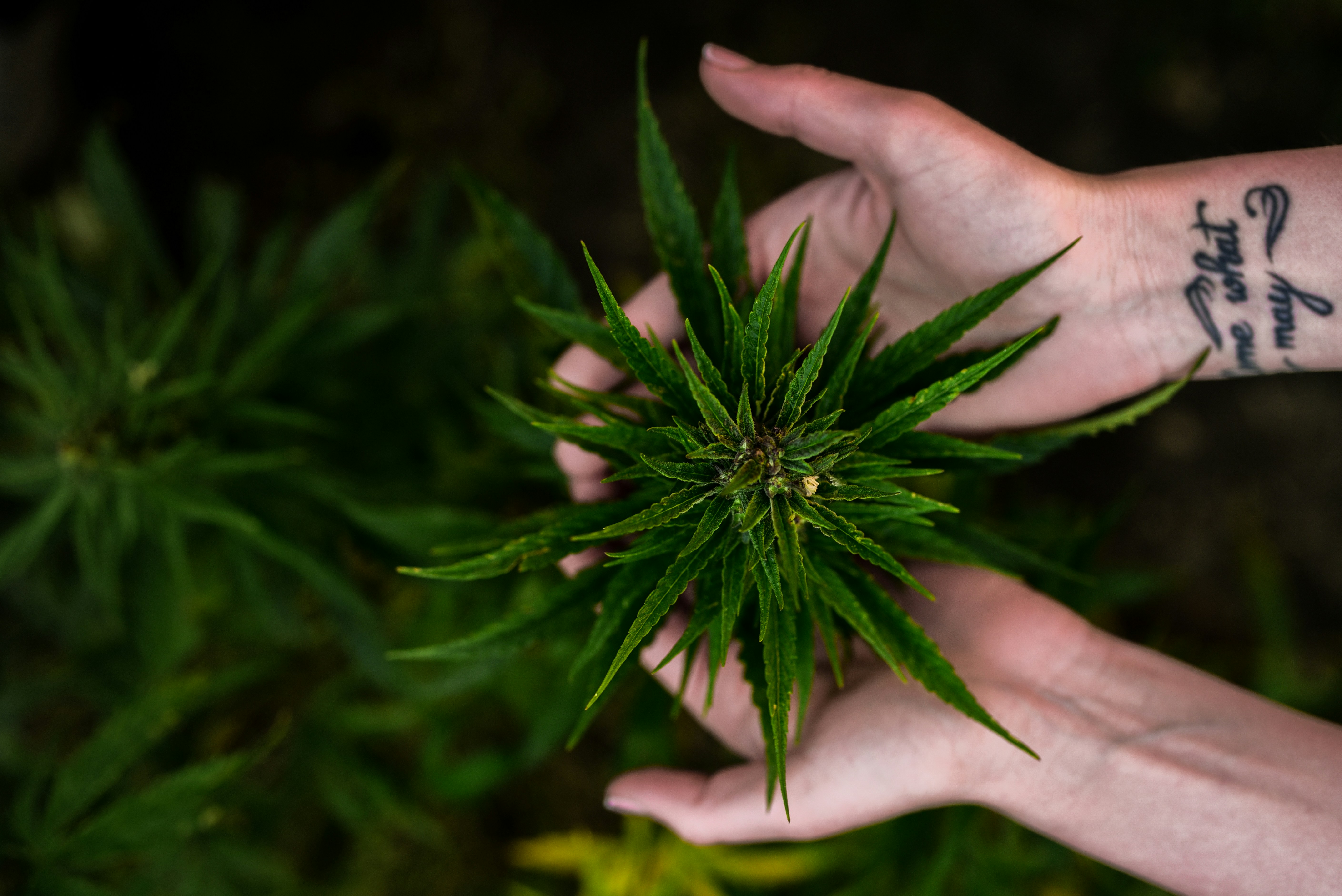From beauty products and edibles to hemp cigarettes and CBD vapes, a wide range of cannabis products have flooded the market since the legalization of industrial hemp under the 2018 United States Farm Bill. Although CBD is a new ingredient for many consumers, hemp has been used in cooking, skincare products, and wellness routines for decades.
Hemp seed oil and CBD oil are significantly different—while CBD oil comes from the stalks, leaves, and flowers of the hemp plant, hemp seed oil comes from the seeds of the cannabis plant. Here’s what you need to know about hemp seed oil and CBD oil to help you choose the best product.
Hemp Seed Oil

Hemp seed oil is produced from the seeds of the cannabis plant. It contains omega-3 and omega-6 fatty acids, vitamins B and D, and numerous antioxidants. Because hemp oil contains no tetrahydrocannabinol (THC) or CBD, hemp flower and hemp oil will not make you high.
Uses
Hemp seed oil is not used for recreational or psychoactive purposes—instead, many people choose nutritional supplements with hemp seed oil due to its high fatty acid and antioxidant content. Hemp oil is also used to manufacture clothing, fibers, and other textiles.
Pure hemp, which contains CBD, has gained popularity in recent years, with many tobacco users making the switch to hemp cigarettes to kick the habit of smoking. Hemp cigarettes, which contain no nicotine or carcinogenic additives, are far less damaging to your health, making them a far healthier alternative to tobacco cigarettes.
Because hemp products aren’t regulated by the United States Food and Drug Administration (FDA), it’s important to research hemp cigarettes to find a safe product. To find the best hemp cigarettes, choose an experienced company that offers a third-party Certificate of Analysis (COA). Companies like Plane Jain use a water curing process to dilute the traditional cannabis smell to create high-quality hemp cigarettes with a bold flavor profile.
CBD Oil

CBD products generally contain one of three types of CBD: full-spectrum, broad-spectrum, or CBD isolate. While full-spectrum contains all of the compounds of the cannabis plant, including terpenes, flavonoids, and low levels of THC, broad-spectrum CBD is free of THC. Meanwhile, CBD isolate contains CBD in its purest form.
Like hemp products, CBD products are not regulated by the FDA. Consequently, before purchasing CBD products, it’s important to always check the COA to find out what type of CBD the product contains.
Uses
CBD oils are associated with a wide range of medicinal benefits. For example, people have reported using CBD oil for anemia, epilepsy, and chronic pain and inflammation, as well as mental health conditions, such as anxiety and depression. However, aside from the antiepileptic effects of CBD, more studies are required to confirm the other medicinal benefits of CBD.
Some full-spectrum CBD products contain trace amounts of THC, which some people use for recreational purposes. The effects of THC can help combat nausea and inflammation. Always ask for your doctor’s advice before using CBD oil to treat a medical condition.
How can you choose the best CBD or hemp product?
After deciding whether CBD oil or hemp seed oil is right for you, how can you make sure you’re choosing high-quality hemp or CBD? Because product labeling in the United States remains unregulated, it’s important to take steps to choose an appropriate and safe products. Before buying hemp or CBD, experts recommend making sure that:
- the manufacturers did not use solvents during the extraction process
- the United States Department of Agriculture has certified the product as organic
- the product underwent third-party pesticide and herbicide testing
- the label clearly lists potency information
Whether you’re interested in using CBD oil for its therapeutic benefits or adding hemp seed oil to your skincare routine, understanding the differences between CBD and hemp can help you make an informed decision.